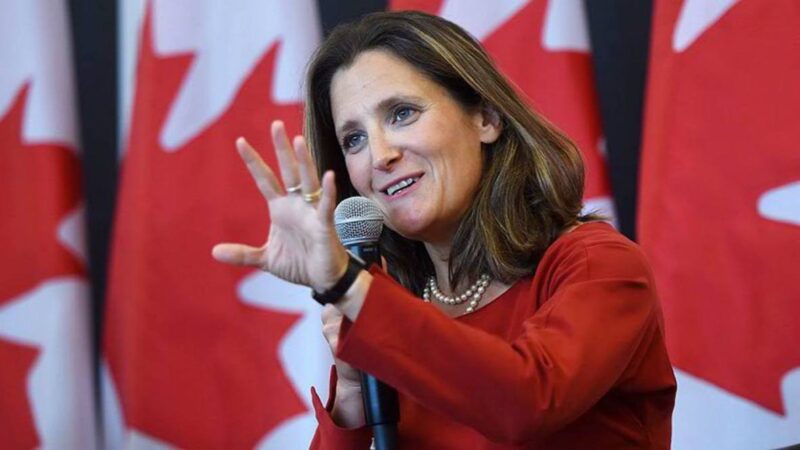Canada’s seafood farmers seek federal dollars to boost aquaculture
Budget 2024 – Canada’s seafood farmers are calling on Ottawa to support the growth of shellfish aquaculture and fund long-term domestic seafood marketing programs.
By Fabian Dawson
SeaWestNews
Canada’s seafood farmers are calling on Ottawa to allocate $20 million in the upcoming Budget 2024 to support the shellfish sector, which has flatlined in growth in the last twenty years.
The Canadian Aquaculture Industry Alliance (CAIA) is also calling on the Federal Government to further fund the Choose Canadian Seafood campaign for the next decade with $15 million.
The campaign by CAIA and the Fisheries Council of Canada (FCC) is designed to cater to the growing demand among Canadian families for fresh, locally produced seafood products.
“For too long the seafood sector has been without a champion to develop a vision for the growth and vitality of Canada’s seafood sector, from both wild and farmed sources. Budget 2024 is an opportunity for small federal commitments that can achieve significant benefits for job creation and food security in Canada,” said CAIA in its pre-budget submission.
Deputy Prime Minister and Finance Minister Chrystia Freeland is set to present the 2024 federal budget on Tuesday, April 16.
According to CAIA, there are over 2,600 marine shellfish farms in Canada, with production averaging over $100 million per year. Prince Edward Island is the largest producer, followed by British Columbia, Newfoundland and Labrador, New Brunswick and Nova Scotia. The largest species is oysters (47% of total sector), followed by mussels and clams.
“We believe that farm-raised shellfish production could see close to a 40% increase by 2030 over 2019…This would mean hundreds of new jobs in rural, coastal and Indigenous communities across Canada and more sustainable and secure food production within Canada’s Blue Economy,” said CAIA.
“However, instead of growing, our sector has flatlined in growth in the last twenty years. Climate change and weather-related impacts are increasing challenges for the sector, such as Storm Fiona that caused significant damage to the PEI shellfish sector in 2022.”
One of the key obstacles to the growth in this sector is new site access which is co-managed by the Canadian Shellfish Sanitation Program (CSSP), the Canadian Food Inspection Agency (CFIA), Environment Canada and Fisheries and Oceans Canada (DFO).
Timothy Kennedy, President & CEO, of CAIA said the increased funding support is needed for the CSSP to classify new harvest areas along Canada’s vast coastlines, to efficiently re-open sites and to modernize the program.
The dated program is plagued with inadequate staffing levels which delays testing and leaving farms closed for extended periods and halts new site access without warrant, he said.
“The shellfish farming sector in Canada has a unique opportunity and potential to contribute to the solution to the most pressing challenges facing Canada: rapidly rising food prices, growing concerns around food insecurity, Indigenous reconciliation and the impacts of a changing climate,” stated CAIA in its submission.
CAIA is also seeking long term federal support for domestic seafood marketing programs.
“Despite the desire of Canadians to eat more Canadian seafood products, Canadians can access and consume only small amounts of Canadian-produced fish and seafood. Of the seafood Canadians do eat, over 70% of it is imported. Furthermore, one the great challenges for the seafood sector is a lack of a steady and consistent champion department and access to long-term programs that support industry marketing collaboration and development, stated CAIA in a letter to Minister Freeland.
Funding for the current Choose Canadian Seafood campaign by the Canadian Fish and Seafood Opportunities Fund (CFSOF) expires this month.
“To support this campaign into the future, we ask that you replace the CFSOF with long-term funding for marketing Canadian seafood to Canadians. This could reduce the level of imported products in favour of high quality, sustainable domestic products,” stated the letter.
(Facebook image shows Finance Minister Chrystia Freeland)

